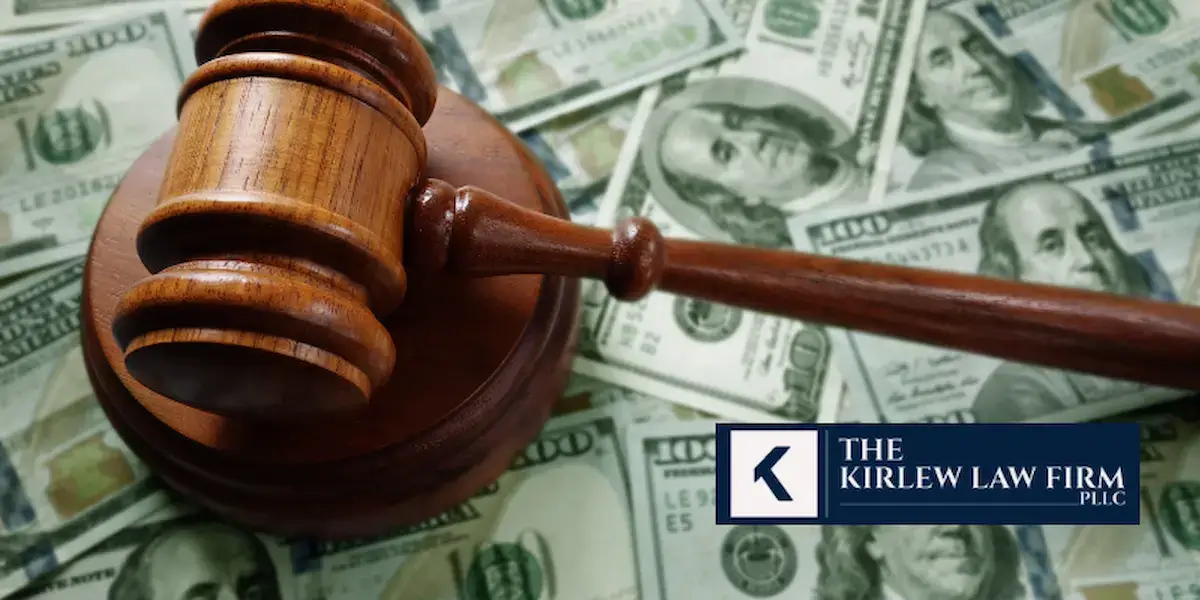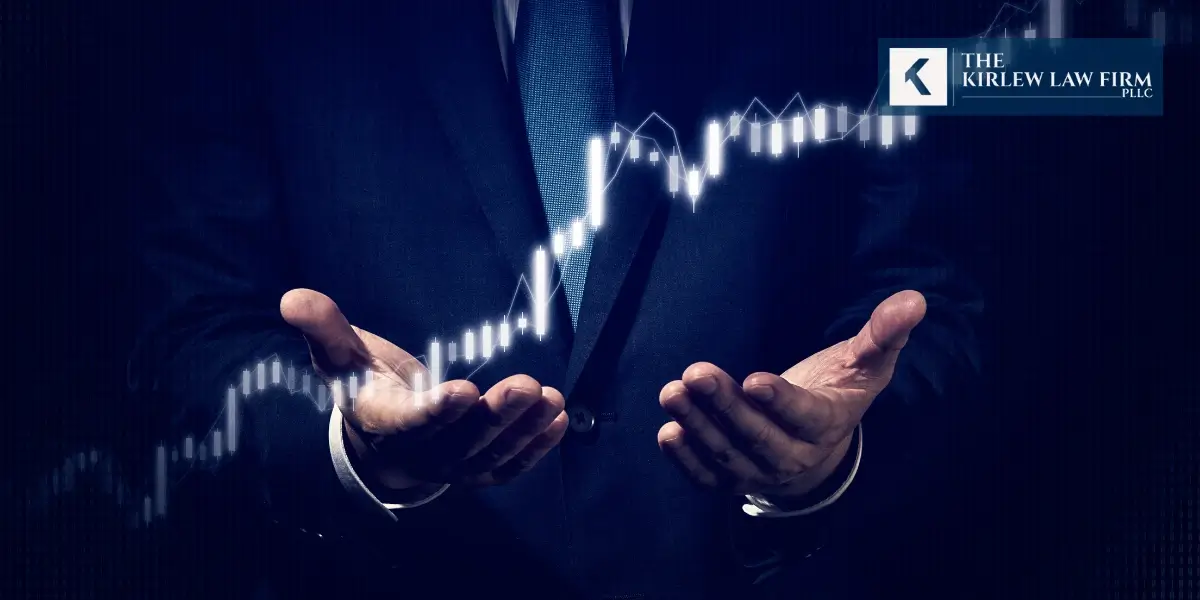A: The SEC, FINRA, and DOJ investigate insider trading cases. The SEC and FINRA have market surveillance systems that monitor trading volume and price movements. Additionally, they analyze news and other information to identify any potential insider trading activities. If the action involves criminal activity, the DOJ can bring criminal charges.
Miami Federal Insider Trading Lawyer
Miami Federal Insider Trading Attorney

Most people associate insider trading with huge Wall Street and corporate investors, but any person can be charged with insider trading. If you are facing allegations of insider trading, you need a Miami federal insider trading lawyer who can provide aggressive and experienced representation. A skilled Miami federal crime defense lawyer can help navigate the complexities of federal charges and build a strong defense on your behalf.
What Is Insider Trading, And Who Can Be Charged?
The Securities and Exchange Commission (SEC) defines insider trading as unfairly trading stocks or other investments (securities) by using secret information that is not available to the public. It is illegal when you betray the public’s trust and use the information to make a profit or avoid a loss.
Insider trading charges can be brought against anyone, not just high-ranking corporate officials. Even family members have gotten in trouble for passing along stock tips without realizing it was illegal. They could be filed against:
- Government electives and employees
- Corporate employees, including management and leadership
- Acquaintances, friends, or family of those who have the confidential information
- Lawyers, accountants, consultants, and bankers who receive confidential information while working with a company
The Penalties for Insider Trading Charges
Insider trading allegations can come with legal, personal, and career repercussions. A conviction is a federal crime, and penalties include:
- Up to 20 years in prison
- Fines up to $5 million as an individual, but fines increase if corporations are involved
- May be ordered to pay restitution
- Disgorgement of any gains
- Injunctions to prohibit individuals from serving as officers or directors of public companies
On top of criminal penalties, personal and career consequences include:
- Damage to your reputation
- Difficulties finding employment
- Forfeiting professional licenses
In addition to insider trading charges, you could face prosecution for bank fraud, tax fraud, wire and mail fraud, money laundering, obstruction of justice, racketeering, and more.
The Securities and Exchange Commission (SEC) dedicates significant resources to investigating and prosecuting insider trading. Finding out that you are involved in an SEC investigation can be daunting, and every misstep can mean significant repercussions. A skilled attorney serves as your advocate, safeguarding your rights, and providing guidance throughout the investigative process so you can avoid actions that could jeopardize your defense.
Potential Defenses for Insider Trading Charges
Our Miami attorneys have extensive experience in insider trading cases and are prepared to investigate all potential defenses to secure the most positive outcome possible. Our approach includes analyzing the specifics of the alleged inside information, the circumstances surrounding the trading activity, and your understanding and intent.
Defense strategies that are often employed include:
Lack of Knowledge or Intent
One of the most solid defenses against securities fraud allegations is arguing that the defendant was unaware the information used was not publicly available or that the transaction didn’t utilize any insider knowledge. Some people honestly didn’t know they were breaking securities fraud laws when they traded.
Lack of or Insufficient Evidence
The prosecution bears the burden of proving that insider trading happened beyond a reasonable doubt. Skilled attorneys can find weaknesses in the prosecution’s evidence, such as the evidence is purely circumstantial, witness testimony is weak, or the investigation was conducted improperly.
No Access to Insider Information
If the defendant did not have access to the nonpublic information (NPI), then they cannot be found guilty of the crime. A defense attorney will provide evidence to show that the accused did not have access to the information, usually through witness testimony, emails, and phone records.
Misinterpreted Market Activity as Insider Trading
Market activity can easily be misinterpreted as insider trading. Fluctuations and trading patterns can often have innocent explanations, like established investment strategies or routine portfolio adjustments. An attorney can use these explanations to challenge accusations and poke holes in the prosecution’s case.

FAQs About Federal Insider Trading Law in Miami
Contact a Miami Federal Insider Trading Lawyer
Our skilled attorneys at The Kirlew Law Firm can negotiate with federal authorities, challenge evidence in court, and are dedicated to achieving an optimal outcome for our clients. Our careful approach covers every stage of the legal process, from examining evidence and advocating on your behalf. Contact us today for a free consultation.

